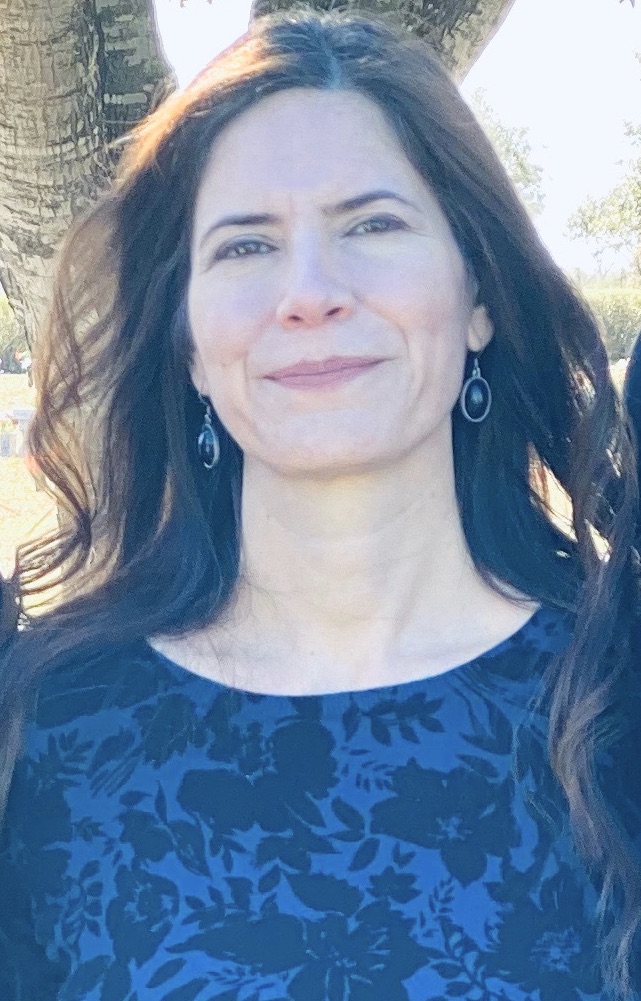The First-Generation Experience
The Texas Story Project.

When my parents immigrated to the U.S. more than 50 years ago, it was a different social environment.
The first time I realized that I was first-generation was in elementary school. My mother needed help filling out registration forms in 3rd grade. She couldn’t read the questions and I had to translate the questions and personal information to her. I knew she only spoke Spanish, but I didn’t realize how this limited communication in certain settings. It was then that I understood my parent’s inability to speak English was a challenge for our family. This meant my parents could not help us with homework or read books to us, much less have any meaningful communication with my teachers. By fourth grade I was filling out registration forms on my own. It wasn’t until middle school or so that bilingual school forms were made available at our school.
I felt like we were outsiders in our small community. Although it was a bilingual neighborhood the families were 3rd and 4th generation Hispanics. They were the most helpful navigating the school system and had long established networks in our community. Our school district didn’t have a bilingual curriculum and dual language programs weren’t in existence back then. Being a second language learner was treated as a stumbling block in education.
I didn’t know any other friend whose parents were strictly Spanish speakers. We did find a Spanish- speaking church and that is where my parents became most involved with social speaking. The church community became our closest friends and support.
Having Spanish-speaking parents had the most impact on my education. I felt isolated in the school system and carried the sole burden of how I would succeed in school. My parents were supportive and always encouraging but didn’t know how to prepare or help us move on to secondary education. They felt like making it through high school was good enough; only wealthy people go to college. It took me several years before I could enroll myself into a community college and then onto a university.
Life as an immigrant family had its challenges. My father had to learn a different skillset to support our family. He could no longer continue in his profession as a photographer. He became a self-taught mechanic and opened up a small shop. Our family was just surviving, but grateful to be in America were our parents felt their children would have a better economic opportunity. Back then, our school district didn't do much outreach for low-income families or bilingual families. We were strongly discouraged from speaking Spanish at school much less celebrate our culture. Our high school wasn’t having college days or financial aid workshops for students/parents, and counselors weren’t asking “those” students about their plans or possible opportunities after graduation.
I realized as I got older that being bilingual had given me different perspective and a special insight about the people and communities around me. I understood that people have different opportunities depending on their race, social status, and culture, that groups of people can be overlooked and forgotten in our communities and that it’s important for schools to be involved in their communities, making sure students graduate and better their lives in order to give back to their families and communities. Being a first-generation American has given me strong sense of the importance of social inclusivity.
As a Mexican American, I feel a strong sense of pride in my heritage, knowing that my family risked so much and suffered for many years in hopes of a better life. It feels amazing to be able to relate and feel a strong bond with other people simply by sharing a second language or common traditions. I feel so much pride as an American and just as much as a Mexican American. In addition, I can relate to immigrants from other countries seeking refuge as well; understanding the risk and the drive to seek a better life in the U.S.
Posted March 05, 2020
Join 11 others and favorite this
TAGGED WITH: St. Mary's University, stmarytx.edu, Immigration - 20th Century, Mexican-American Experience